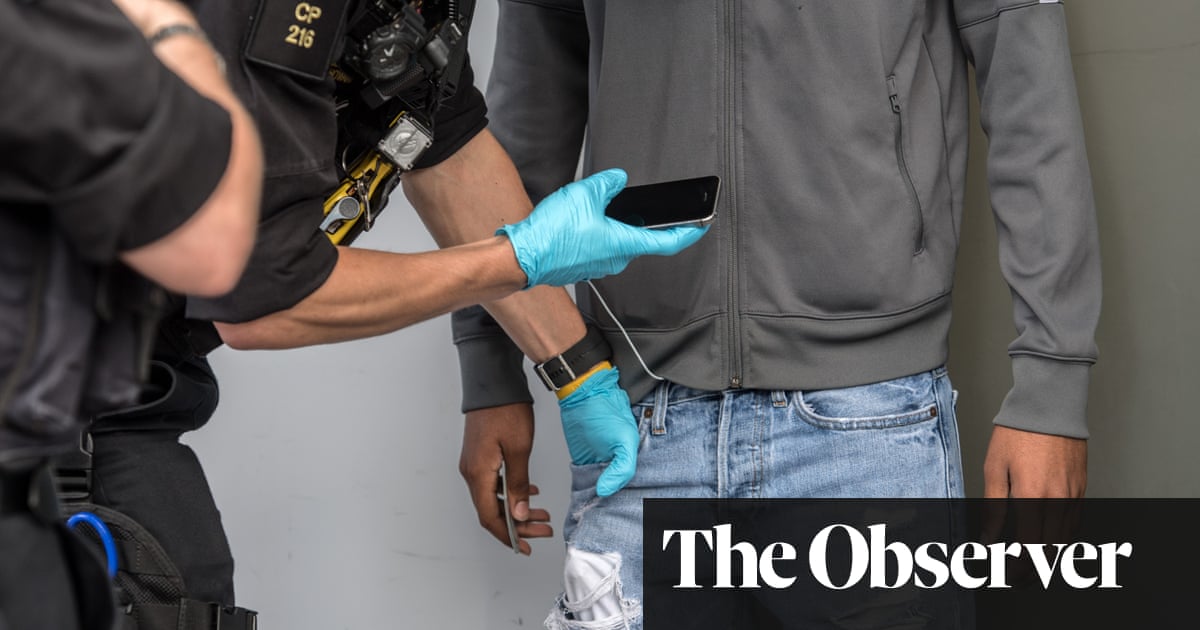
The locations of 10 emergency “Nightingale courts” created by the Ministry of Justice for socially distanced trials to tackle the massive backlog in cases in England and Wales have been announced.
They include sites inside the department’s own London headquarters, council chambers and disused courts shut by the Conservative government during recent court closure programmes.
Hearings in the temporary venues will be up and and running in August; some will start next week. There are more than 40,000 crown court cases waiting to be heard. Much of the backlog pre-dates the pandemic and was allowed to grow because cuts to funding restricted the number of judges’ sitting days.
Announcing the sites, the justice secretary, Robert Buckland, said: “Our action to keep the justice system running throughout the pandemic has been globally recognised, with these Nightingale courts being the latest step in this effort.
“They will help boost capacity across our courts and tribunals – reducing delays and delivering speedier justice for victims.
“But we won’t stop there. Together with the judiciary, courts staff and legal sector, I am determined that we must pursue every available option to ensure our courts recover as quickly as possible.”
The choice of the MoJ’s own building as an emergency location may make some lawyers feel slightly queasy considering the cherished principle of constitutional separation between the executive and the judiciary.
Recruiting two recently abandoned courts will raise fresh questions about whether extensive court closure programmes, which resulted in more than half of all magistrates courts in England and Wales shutting their doors since 2010, were a false economy.
The MoJ says the new courts will ease pressure on the courts system and ensure justice continues to be dispensed throughout the coronavirus crisis. The ministry is also looking at hiring other possible buildings.
The emergency courts will hear civil, family and tribunals work as well as non-custodial crime cases. Their use will free up room in existing courts to hear other cases, including custodial jury trials, which require cells and secure dock facilities to keep the public, victims and witnesses safe.
In March, almost half of all courts were closed and jury trials halted to minimise interaction between court users. Crown courts have gradually began to hear cases again, with many cases using remote video links while lawyers, juries and court staff spread out across several courtrooms to ensure social distancing.
The full list of Nightingale courts is:
Former county court at Telford, Shropshire
Hertfordshire development centre, Stevenage
Swansea council chambers, Swansea
Cloth Hall court, Leeds
Middlesbrough town hall, Teesside
East Pallant house, Chichester
102 Petty France, London
Prospero House, London
Former magistrates court at Fleetwood, Lancashire
Knights’ Chamber and visitor entre, Bishop’s Palace, Peterborough Cathedral












